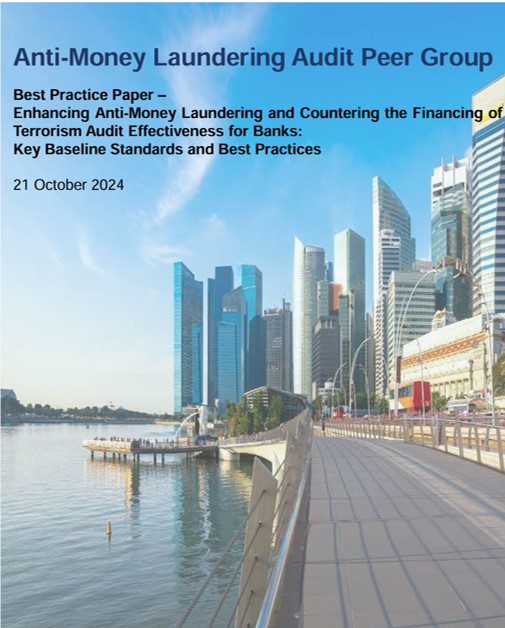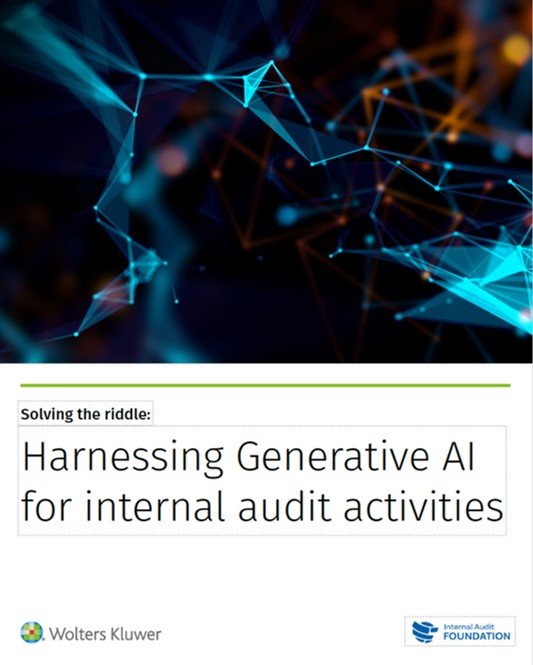Global Knowledge Brief: Survey results from internal auditors in 95 countries – Part 2
As the world continues to look for answers to the impacts of COVID-19 globally, we find some good news from internal auditors surveyed by The IIA for this global knowledge brief. Internal auditors are demonstrating leadership, flexibility, and relevance as a global profession deeply intertwined in the economy.
Our surveys of internal auditors worldwide first resulted in a Part 1 report on responses to issues faced by organizations. This report focuses on issues faced by internal audit.
Overall, the results remind us that challenges and opportunities presented by the pandemic require all of the key partners in organizational governance — the governing body, management and risk management, internal audit, and external providers of assurance — to collaborate intelligently, not only to maintain routine operational processes under radically altered circumstances, but to imagine new ways to be resilient and successful.
Our surveys of 1,572 internal auditors from 95 countries, which focused on internal audit reactions, confirmed the true global nature of the crisis — that it is affecting every country and every internal audit function, and that internal audit is diving into the disruption caused by the pandemic to find success.
Convergence across various disciplines, evident within organizations today, is creating opportunities for internal audit to strategically partner with management and the governing body, especially with committees of the board. Internal audit offers unique skills and perspectives to analyze control environments and offer solutions involving substantial issues, including governance over new technology, succession planning, business continuity, liquidity reserves, disclosures, supply chains, human capital, stress testing, and fraud, to name a few. Internal audit also can identify and promote new protocols required for today’s virtual workforce and global economy.
COVID-19 presents the most rigorous test of organizational continuity and sustainability in our living memory. By identifying changes to the risk landscape and the need for corresponding changes to risk responses, internal audit can exhibit leadership that supports the organization’s efforts to move forward.
Internal auditors also can bring new value to their organizations by weighing how the pandemic is affecting the organization’s operating model, demonstrating how audit insights can help, and providing assurance over strategies to remain relevant.




